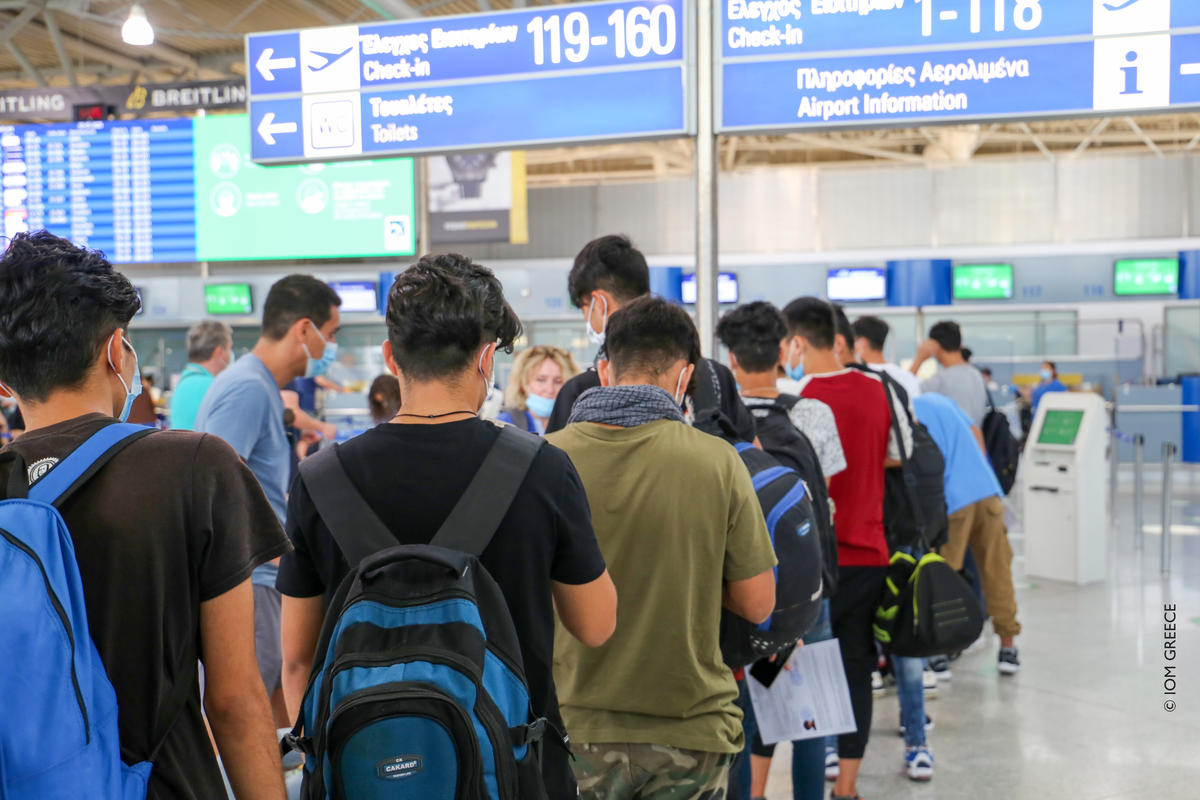Boat tragedy off Indian Ocean island of Mayotte
Boat tragedy off Indian Ocean island of Mayotte
More than 20 people are dead or missing after a small motorized boat carrying around 40 people sank on Saturday off the French territory of Mayotte in the Indian Ocean. The boat had set sail from the island of Anjouan in the Comoros Islands. The bodies of two children and a baby are among those that have been found so far.
The incident is a further tragic illustration of the dangers faced by people who take desperate measures to escape poverty, conflict and persecution. As in the Mediterranean Sea and the Gulf of Aden, the seas around Mayotte are the scene of irregular movements of migrants and refugees searching for a better life or protection from persecution and war.
According to the French Ministry of Overseas Territories, 19 people were rescued and taken to the hospital in the capital of Mayotte, Mamoudzou.
UNHCR commends the actions of the local search and rescue authorities and of individuals from a local diving club who came to the rescue of the survivors.
For decades, people have been using small open vessels known as "kwassa-kwassa" to sail from the Union of the Comoros into the more prosperous French territory of Mayotte. Many of these movements take place without the requisite documentation and involve considerable risk to those attempting them. Figures for these irregular movements are not available. Asylum seekers account for a small proportion of these movements and their numbers have been increasing in the last two years.
Last year, there were some 1200 applications for asylum in Mayotte, 41 per cent more than in 2010. The largest proportion of applicants came from the Union of the Comoros (90 per cent), with citizens from the Democratic Republic of Congo, Madagascar, Rwanda and Burundi, accounting for the rest. Last year some 20,000 people, including failed asylum seekers, were sent back from Mayotte to the Union of the Comoros and Madagascar.
UNHCR assists the local authorities and civil society in France, including its overseas territories, to deal with the challenges posed by mixed flows of irregular migrants and asylum seekers. UNHCR insists that any border controls and measures need to ensure that those who seek protection from persecution and conflict are properly identified and have access to procedures to assess their needs.
For further information on this topic, please contact:
- In Paris, William Spindler on mobile: +33 62 316 1178









